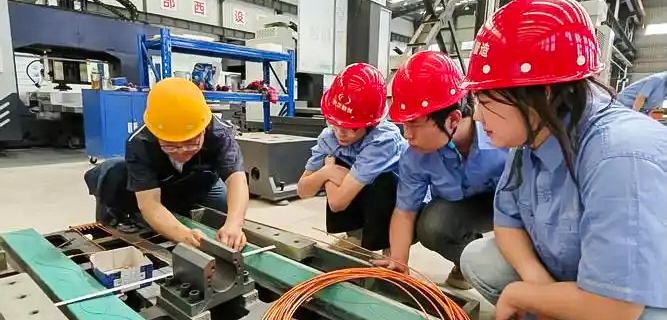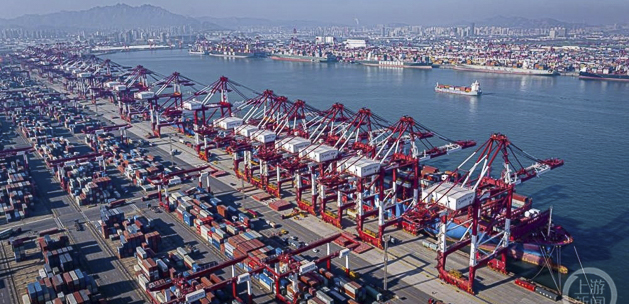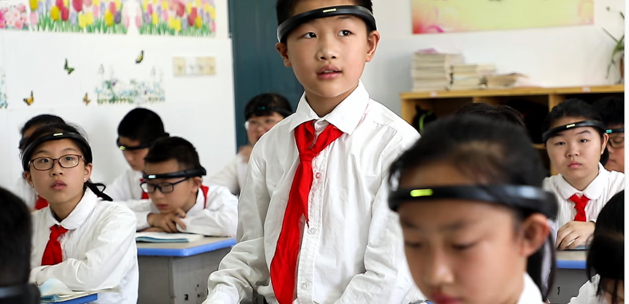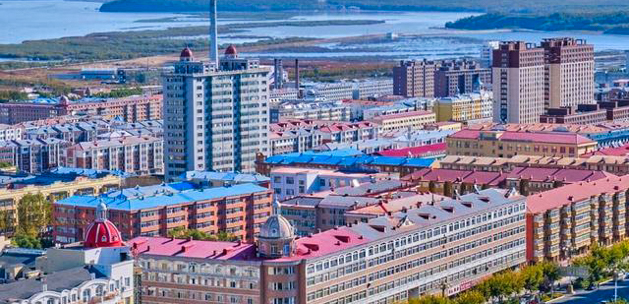-
betting on the mothers of all machines
-
where does the PRC fit in the new logic of global trade?
-
AI in education
-
5-year planning: less mechanism, more ecosystem
monitoring
recent commentary
-
capacity cooperationsoft powerforeign policy rhetoricUS/Canadapolitical trendsUnited Frontnews mediaTV/filmstability maintenancecitizen participation...read more05 Oct 2025
-
foreign policy rhetoric...read more05 Oct 2025
-
growth modeltax systemstrategic and emerging industriesinfrastructurecyber and data securitypolitical trendssupervisionsmart city and e-governancedevolutionNPC legislative agendaprivate sector supportbankruptcyAIbig data...read more01 Oct 2025
-
trade agreementscross-border e-commerce...read more01 Oct 2025
-
Duan MaoshengTsinghua University Institute of Energy, Environment and Economy vice director
-
Zhang XiliangNational Carbon Emissions Trading Scheme Overall Design Technical Group chief; Tsinghua University Institute of Energy, Environment and Economics director
-
Teng FeiEnergy Environment Economics Research Institute deputy director Tsinghua University
analysis
month in focus
monthly roundup of major developments
keep in touch with current thinking
sign up for our complimentary monthly roundup



